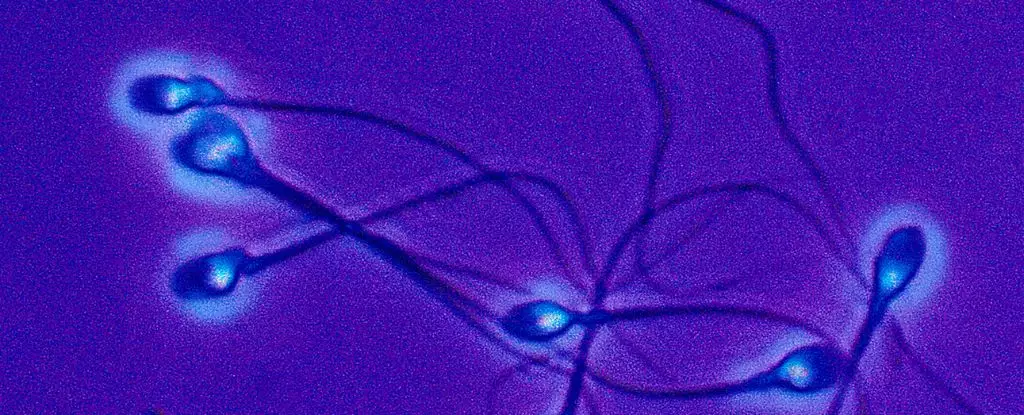The human papillomavirus (HPV) has long been associated with causing cervical cancer in women. However, recent research from Argentina has shed light on the impact of HPV on male fertility. In a study involving 205 adult males, it was found that strains of HPV associated with a high risk of cancer were linked to a greater percentage of dead sperm. This discovery points to a previously unrecognized consequence of HPV in men, highlighting the need for further research in this area.
The study conducted by researchers in Argentina revealed that semen samples from individuals infected with high-risk strains of HPV showed a lower count of white blood cells and an elevation of reactive oxygen species. These factors can damage sperm and alter DNA, ultimately affecting male fertility. On the other hand, samples from individuals with low-risk HPV did not exhibit the same correlations. These findings suggest that HPV can have a negative impact on sperm quality, potentially leading to issues with fertility.
Historically, HPV has been primarily associated with women, and clinical tests for HPV have focused on cervical screens. This has led to a lack of understanding about the full range of effects that HPV can have on male bodies. While HPV is known to cause cancer in male patients, including in the penis, anus, mouth, and throat, the focus on female vaccination has left a gap in research and awareness about the impact of HPV on male fertility. This highlights the importance of expanding HPV testing and vaccination efforts to include men.
Despite the World Health Organization’s recommendation to include the HPV vaccine in routine childhood vaccinations for both males and females, the vaccination rates among boys remain significantly lower. Many boys and men question the need for the HPV vaccine, as it has historically been seen as a ‘girl’s vaccine’. However, the research from Argentina demonstrates the potential impact of HPV on male fertility, providing a compelling reason for boys and men to consider vaccination as well.
The study in Argentina found that men infected with high-risk strains of HPV showed increased sperm death, potentially due to oxidative stress and a weakened immune response. These factors raise important questions about how HPV affects sperm DNA quality and the implications it may have for reproduction and offspring health. While cervical cancer cases have decreased significantly thanks to the HPV vaccine, other HPV-related cancers in men are on the rise, underscoring the need for a more comprehensive approach to HPV prevention.
Moving forward, it is essential to recognize the impact of HPV on male fertility and overall health. By expanding HPV testing and vaccination efforts to include men, we can better protect both male and female populations from the long-term consequences of this common infection. Educating individuals about the potential risks of HPV and the benefits of vaccination for both sexes is crucial in eradicating this virus and reducing its impact on fertility and public health.



Leave a Reply